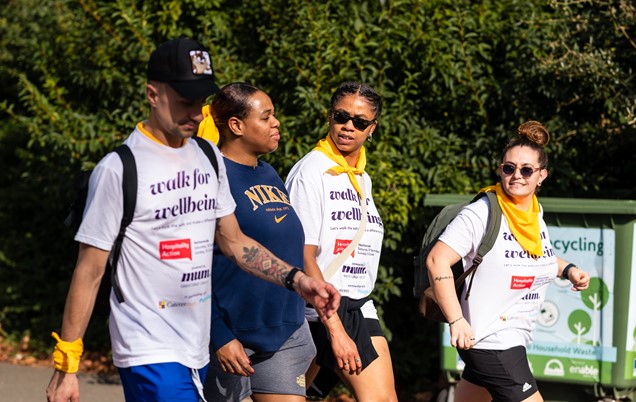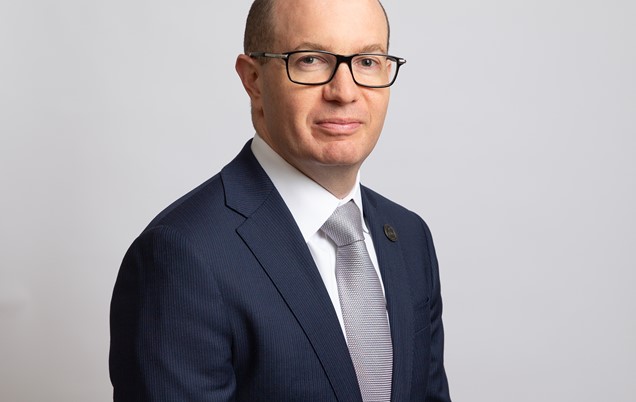Advice hub. Emergency situations.
With the NHS stating that one in four of us experiences a mental health problem every year, it is more than likely that you will be working alongside somebody who is struggling. It might even be you who is finding it hard to cope.
The problems of loneliness, fear of redundancy and illness, financial worries and other personal issues created by Lockdown threw the spotlight onto employee mental health with the positive result that many employers in the hospitality industry now have excellent support measures in place, including providing access to Hospitality Action’s Employee Assistance Programme (EAP). And if your employer doesn’t, HA also run a 24/7 helpline for anyone working in the industry, see further details below. You should not hold back on seeking help if either you, a manager or another colleague seem to be spiralling into a dark, anxious place.

Signs that you or someone you work alongside might not be OK include feelings of restlessness, or being agitated, tearful and overwhelmed, avoiding communication or being irritable and not wanting to do things that usually bring enjoyment. Depressed people often increase their use of alcohol or drugs and generally find it hard to cope with everyday things. More obvious pointers that something is wrong include a change in physical appearance, grooming and increased absences from work.
There are some situations that can plunge someone into having suicidal thoughts – whatever your role in hospitality. Seek support for yourself or keep an eye on colleagues who have relationship and family problems or have lost a loved one. Also try to be aware of work issues that may impact a person’s wellbeing negatively including, having missed a promotion or lost their job. Issues such as financial worries, or physical illness may also play a role here in triggering thoughts of suicide. Any thoughts or mention of suicide at work should be red flags. Trust your instincts and reach out to your colleagues, encourage them to seek professional help. Similarly, if you feel suicidal, please do seek professional help.
Many hospitality companies now have trained mental health first-aiders within their businesses,. they could well be your first port of call, no matter what rung of the ladder you are on.
A good employer or manager will also have created a culture of openness around mental health issues so that issues of poor mental health including how to support those with suicidal thoughts can be addressed. But emergencies can still happen.
- Always take a threat or attempt of suicide seriously.
- Don’t try to counsel the person unless you are fully trained.
- Quickly identify the best person to handle the situation. If there a mental health first-aider on site or close-by, ask them to attend, provide advice or speak with the team member.
- Arrange an emergency appointment with a GP. Never leave the staff member alone. Someone must accompany them to the surgery. If that is the manager in charge of the site, make sure a suitable alternative responsible manager can deputise.
- Alternatively, a psychiatrist is on duty in every A&E department, so if the GP is unavailable or the situation is more serious, take the member of staff to the nearest hospital.
- Inform the team member’s next of kin of the situation.
- If you have a mental health first aider on duty, call them for advice. It is important, however, that you always ensure someone stays on the telephone line with the team member. Don’t hang up at any point.
- Establish the team member’s whereabouts and whether they are alone. If a responsible adult is present, speak with them about taking your colleague to a GP or A&E. Assist with arrangements for transport and offer for a team member to accompany them.
- If the team member is alone, contact a family member, friend, neighbour or responsible colleague who can collect them and take them to a GP or A&E. If the colleague is the site manager, make sure a suitable alternative manager can deputise.
- Establish team member’s whereabouts and contact the emergency services so they can make an intervention. Keep the team member on the line until the emergency services arrive and confirm that they have taken over the situation.
- Inform the team member’s next of kin of the situation.





